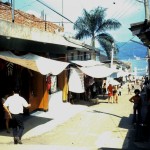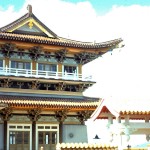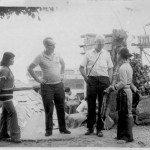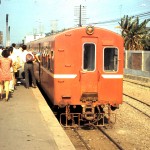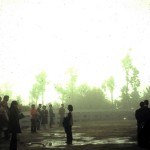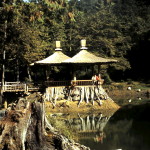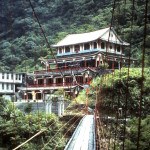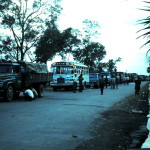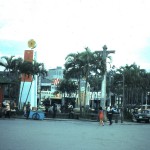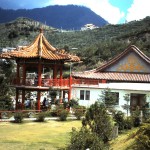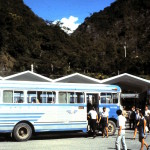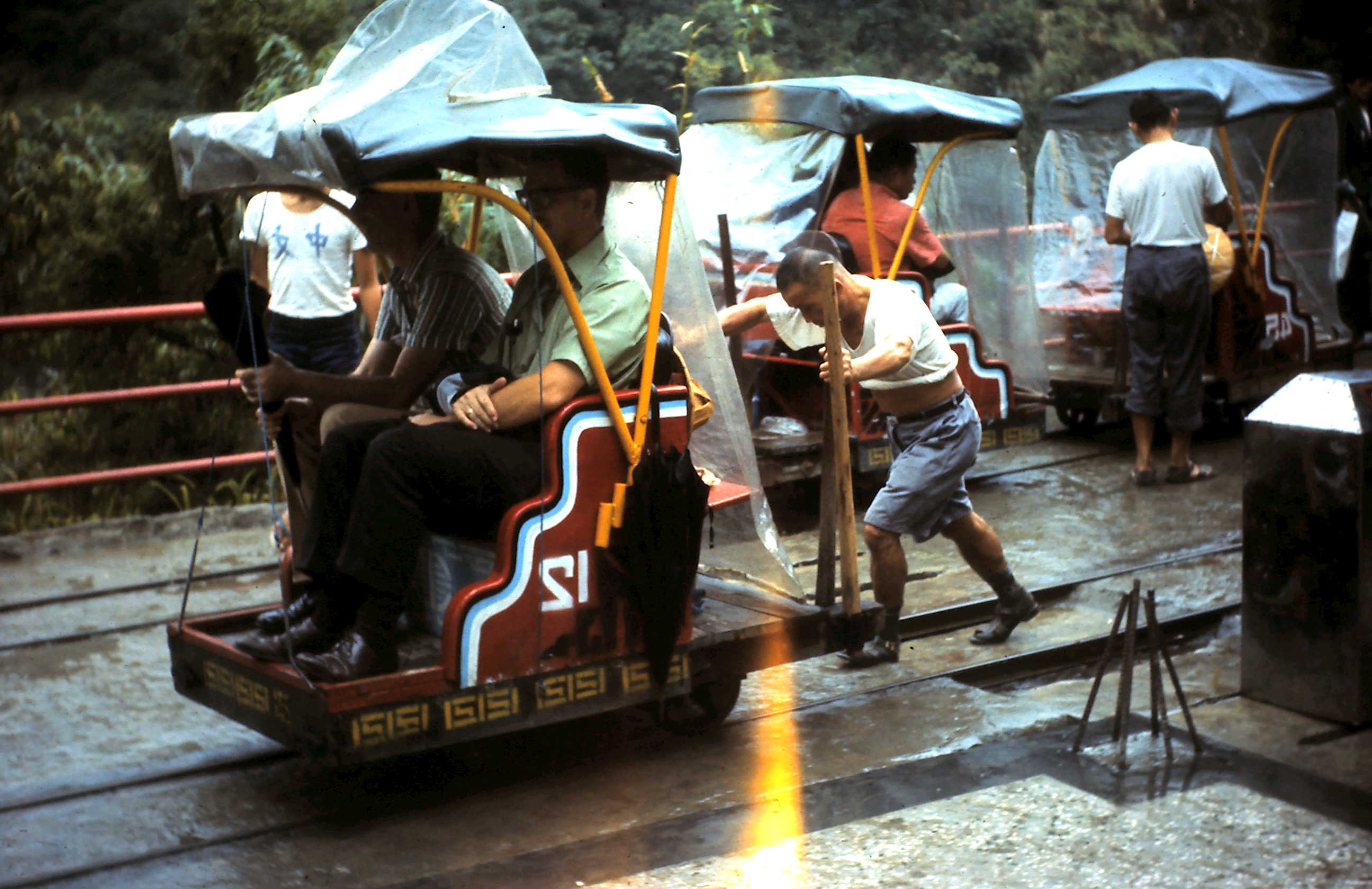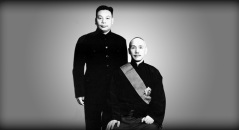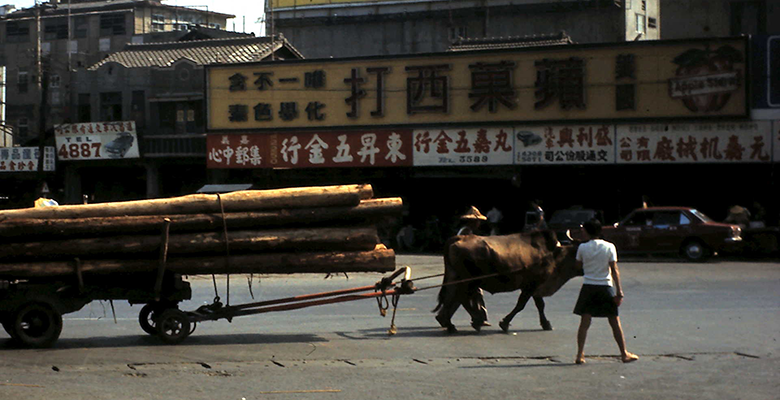
This is part two of Kathleen Purvis’s tale of her father’s time in Taiwan in 1972. If you haven’t read part one, go and do that first.
Of course, Taiwan in 1972 was considerably different than it is today, or even how it was in 1989. There were fewer people, fewer cars, and fewer foreigners had the opportunity to visit such a faraway place. The novelty of it all wasn’t lost on my father, who was an intrepid traveller if there ever was one.
Dad was determined to make the most of his stay in Taiwan. On his first weekend after moving into his house in Shihmen, he enthusiastically set about arranging trips to different places around the island. The first such trip was one that he and a roommate made by taxi to Sun Moon Lake. The secretary at work made them a hotel reservation. He and his companion took a motorboat ride across the lake and the area made a deep impression on Dad: “The scenery was wonderful—mountains, creeks, elaborate and brightly coloured temples, some of them apparently miles from any town, and a seven story Chinese style pagoda.”
“We were so well pleased with our first trip away from home that we decided to try more of them. We used trains, buses, or planes for all later trips.”
A trip made to Alishan made a special impression on him. This time he had the company secretary arrange a train trip there for a group of them, since it was a difficult task for the non-Chinese speaker. He invited the secretary and her family along for the trip, which she enjoyed, and provided them with much needed translation and other assistance along the way. She also introduced the group to the more exotic foods such as sea slugs, fish eyes, eels and rice soup (congee), all to my dad’s delight, since he was on a quest to try every exotic Chinese dish before his time on the island was up.
Whereas today the journey to Alishan might be taken in part on the high-speed train, in the 1970s it was on a more conventional train, and Dad describes the journey it as being very pleasant:
“The trip to Alishan is through very scenic country. It starts at low level […] then it climbs into mountainous country where the main crop seems to be tangerines. The wild poinsettia bushes were out in full colour and some places they bordered both sides of the railway line for hundreds of feet. They grow so close to the tracks that they often brush the train as it passes and since the train travels quite slowly due to the steep grade some of our fellows reached out and picked them by the handful.”
Dad was also intrigued by the narrow gauge train that runs from Chiayi to Alishan. His pictures of it show that it hasn’t changed much in appearance.
Dad and one other companion awoke at 4:30 a.m. and made the arduous climb by flashlight up Zhu Shan to see the sunrise. “This is the thing to do when you visit Alishan” Unfortunately, at the top they found themselves surrounded by clouds, thus not much of a view. Then they took the bus back down and ate huge helpings of rice soup for breakfast. Dad considered it time well spent.
There was one other destination that dad had a special interest in—Hualien (and the adjacent Taroko Gorge), and in fact he made at least two trips there. He visited an Aboriginal Village in Hualien called South Seas Village, Taroko Gorge, and then travelled the cross island highway to Taichung, then retraced his steps. As a lover of beautiful scenery it was a trip he loved, so much that he took it alone the second time when his companions dropped out because of heavy rain. He says he had “the last laugh” when the rain cleared and he was once again treated to spectacular views.
He also travelled to Wulai, another scenic area. This well preserved picture that shows why the small train leading to the village was occasionally referred to as ‘pushcarts’. Two years later, in 1974, Wulai switched over to motorised trains to accommodate increasing number of tourists.
I know that Dad was sorry to leave Taiwan when his assignment came to an end. And I could see from his letters what would attract him—and I—to the place. First, the obvious lure of novelty, a chance to explore something new. Second was Taiwan itself, with its naturally friendly and helpful people. Perhaps because it’s an island and thus less open to influence from the outside, it’s been able to develop in its own way.
Dad’s greatest wish, expressed in several of his letters, was that I would come over to Taiwan for my Christmas holiday. His letters often included plans for my visit, if I were to go. “Naturally I would be delighted’” he said in his usual understated way. At 15 I wanted to go, but didn’t feel confident enough to travel half way around the world alone. I was torn, but in the end didn’t go, which I still regret to this day. I would get to visit Taiwan someday, but sadly not with my father.

